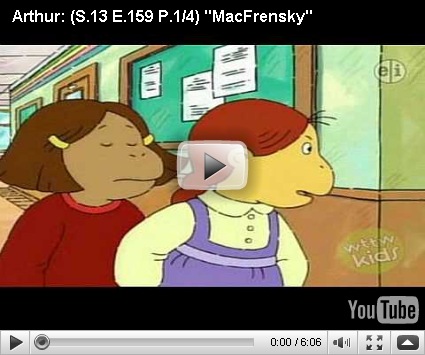I’m not a big fan/follower of the Authorship question. I prefer Occam’s Razor (the simplest solution is the most likely) so until I see compelling evidence to the contrary, it’s just not interesting to me. That’s why when I saw the name James Shapiro floating around this week, linked with the authorship question, I didn’t pay much attention. That may have been a mistake. Mr. Shapiro’s position seems to be popularizing the reasonable and realistic idea that Shakespeare always had plenty of co-authors, so perhaps we should get over ourselves about the whole “looking for an autobiography in his works” thing. Hamlet is not about his dead son, and the Tempest is not his farewell to the stage. It seems to logically extend from there, then, that if the plays were always collaborative works, that there is no individual biography told in them, regardless of who the man was who signed the Shakespeare name. And without that biographic hook, all of the authorship theories go out the window.
Month: March 2010
Hamlet, the Indie Game
http://gameletgame.blogspot.com/2010/03/trailer.html How did I not know about this? The trailer tells us nothing about how the game will work, but it’s got Hamlet, Ophelia and Claudius in it. That’s a good start! It’s being released in about two weeks, will have to check back in. Maybe there’ll be a demo or something.
Vonnegut At The Blackboard
I saw Kurt Vonnegut speak at WPI sometime in the 1987-1991 range, where he gave this exact talk. This is the one where he graphs the dramatic progress of major works of literature including Cinderella, Kafka’s Metamorphosis, and Hamlet. His Y axis is basically the difference between “having a good life” and “having a bad life”, and the general dramatic plot is supposed to be “good person has bad things happen, over comes them, lives happily ever after.”
He draws Hamlet as a straight line.
At the time, I was very upset by this. In fact, I completely dismissed his talk because of it. I attributed it to the rumor that he’d been out drinking with some students and was basically winging it. Don’t get me wrong, I’m a fan of the man’s work, I’ve read everything I could get my hands on. But trying to make the point that the dramatic rise and fall of Hamlet equates to a straight line?
Now, almost 20 years later, I get it:
But there’s a reason we recognize Hamlet as a masterpiece: it’s that Shakespeare told us the truth, and people so rarely tell us the truth in this rise and fall here [indicates blackboard]. The truth is, we know so little about life, we don’t really know what the good news is and what the bad news is.
Very nice. That might be the longest it’s ever taken me to get the point.
Hello, babies. Welcome to Earth. It’s hot in the summer and cold in the winter. It’s round and wet and crowded. At the outside, babies, you’ve got about a hundred years here. There’s only one rule that I know of, babies—God damn it, you’ve got to be kind.
MacArthur? Arthurbeth?
This morning while getting ready for work, the kids had on an episode of “Arthur”, the animated series about a boy aardvark. I’m only half paying attention as two characters are at the circus and visit the fortune teller. Fast forward to them playing some sort of trick on a fellow classmate, who gets in trouble for it. Fast forward to one of the original girls from the circus washing something off of her hands. I don’t have time to say “Out, damned spot! Out I say!” before the character on screen says exactly that (minus the damned, of course). Neat. Only then does it dawn on me that the episode opened with them being told their future by a fortune teller. Paying more attention now I piece together the plot – there’s some sort of student of the month contest, the “witch” has told the girls that they’ll win, and now they go about fixing the contest by getting the obvious king (“Brain”, the smart kid) disqualified. At this point there’s a scene where we get a close up on what appears to be a list of spelling words, and all I can think is that we’re going to see some version of the “Wherefore could not I say Amen?” scene, but it was not to be. Besides, that would be silly – that scene clearly comes before the hand washing. 🙂
The episode is called “MacFrensky”, though I’m not quite sure why.
Be Not Afeared … Manuel!
Been in a Tempest mood lately, was looking for an example of Caliban’s dream speech, and found this little gem …
Fans of Fawlty Towers might recognize Trinculo as Andrew Sachs, the man who played our own lovable Manuel. Poor guy, gets a beating every role he takes. (By the way, I was researching how that opening line is delivered, the “Be not afeared” part. I like the way they did it here, how Caliban smiles when he tells it.)


